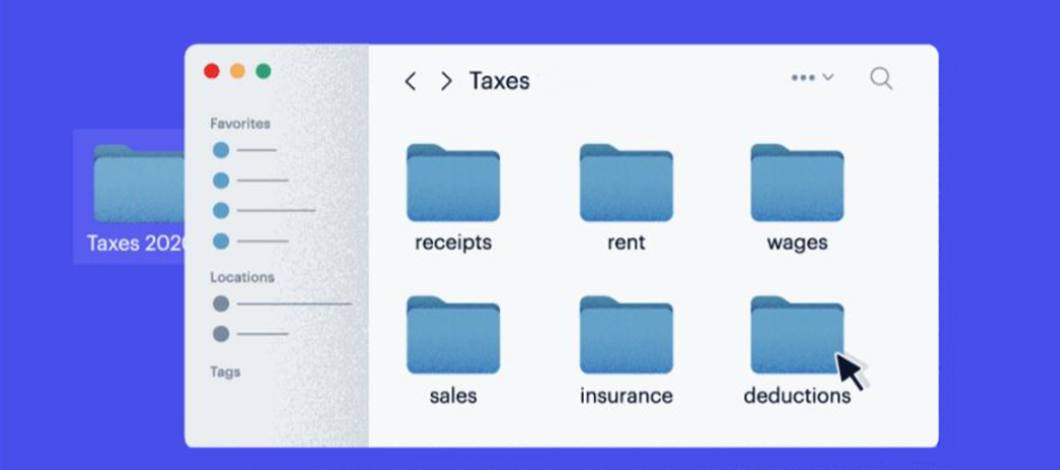Business owners can use seller financing, or owner financing as it’s also commonly called, to ease the burden buyers face when acquiring capital for a business acquisition.
Through seller financing a business, the owner offers a prospective buyer the option to finance a portion of the business’s sale price. In this type of transaction, the seller is acting as a bank and will receive interest payments.
How Does Seller Financing Work?
The simplest way to think about seller financing for business acquisition is to regard the current business owner as a lender. The buyer strikes a deal with the seller, agreeing to pay back the total sale price (or most likely, a portion of it) over a set term with interest.
-
What Types of Business Transactions Can Be Seller-Financed?
Seller financing can be used in any business transaction, whether you’re looking to buy or sell intellectual property, a product line or physical asset. But it’s most commonly seen in a seller-financed mortgage, and that includes seller-financed commercial property or other real estate transactions.
How Does Owner Financing Work for the Seller?
In most seller-financing business agreements, an owner extends a loan for a portion of the sale price, usually 30% to 60%. The buyer pays the rest upfront in cash.
Like a banker extending a loan to an applicant, a seller will perform due diligence measures to assess the creditworthiness of a buyer. A seller will most certainly assess a buyer’s credit report, ask for financial documentation, a business plan and other pertinent information to determine if a buyer is likely to deliver on the agreed-upon terms.
A lawyer or business broker will then draw up the terms of the seller financing agreement, which is essentially a legally binding IOU.
Typically, seller financing terms are comparable to those of a business loan, with repayment terms between 5 and 7 years, monthly remittances and competitive interest rates usually falling within the 6-10% range. A down payment is almost always required, as is a pledge of collateral and/or a personal guarantee agreement.
-
Example of Seller Financing a Business Acquisition
A business is being sold for $1 million. The seller agrees to extend the buyer seller financing for 50% of the purchase price. The seller financing terms include a 20% down payment, 7% interest and a repayment term of 10 years, paid monthly.
- Seller Financing: $500,000
- Down Payment: $100,000
- Term: 10 Years (120 monthly payments)
- Monthly Payment: $4,644.34
- Total Interest Paid: $157,320.70
As is common in cases of seller financing a business, the buyer will also have to look at options beyond seller financing to complete the business acquisition. While the seller won’t receive as large of lump sum payment upfront, he or she will ultimately make more money because of the interest paid.
Benefits of Seller Financing
Both buyers and sellers can benefit from seller financing. For the buyer who would not qualify for a business acquisition loan through a conventional lender, it provides an alternate form of financing. And for the seller, it deepens the pool of potential candidates with a higher price tag.
Buyer Benefits of Owner Financing
Provides Financing Without Conventional Lending Products
Buying a business requires capital, but obtaining a loan for a small business acquisition isn’t easy. Loan qualifications are strict, and not all buyers may qualify.
With owner financing, the only person who needs to approve a business’s qualifications is the seller. If he or she is satisfied with a buyer’s credentials, the dream of business acquisition is still alive.
Fewer Fees
When a buyer works with a lender on a business acquisition loan, origination, processing and administration fees are par for the course. With a seller financing contract, these fees are eliminated and closing costs are significantly reduced.
Negotiable Terms
When acting as a seller, business owners are more apt to negotiate on terms than a conventional lender would be. As a result, buyers can often settle on seller financing terms with favorable rates and repayment schedules.
Vested Seller Interest
Since the seller has a vested interest in the success of the business (the business must succeed to prevent default), the seller is more likely to stay on in an advisory or consultancy capacity for the length of the financing agreement.
Seller Benefits of Owner Financing
Higher Sale Price With Interest
Because a buyer avoids the high closing cost tied with traditional forms of financing, they are more apt to agree to a higher (or full-ask) sale price. Additionally, accrued interest is a significant source of capital for the seller.
Tax Advantage
Because payment is remitted to the seller in installments, versus a lump sum, the seller can spread out the tax hit over many years.
Larger Buyer Pool
If a seller has a hard time finding a buyer with capital to purchase the business outright, advertising the availability of seller financing is an excellent way to attract more potential buyers.
Is Owner Financing Safe?
As with any form of financing, there are disadvantages to seller financing, particularly for the seller.
Increased Risk
The biggest turn-off from the seller’s perspective is the risk involved in personally financing a loan. If a buyer defaults, the seller will lose out on interest income and will need to devote time and energy to the collection process. If unsuccessful, the seller may repossess the business—a business that is presumably in worse shape and of less value than at the time of initial sale.
Vested Interest in the Business
If a seller is looking to make a clean break from their business, then owner financing a business acquisition is not a good option. Depending on the final seller financing contract, sellers may be called upon for guidance to ensure the continued success of the business.
Less Capital Upfront
The seller will receive the proceeds of their business’s sale via installments, so they have less capital to invest elsewhere.
To protect their interests and offset some of these risks, sellers can and should institute the following terms into their seller financing agreement:
- Down Payment: One way to offset the delayed payment issue is to require a down payment that provides a significant chunk of capital upfront.
- Control of Business with Non-payment Clause: To protect seller interest in the case of default, owner financing agreements generally contain terms that give sellers the right to take back control of the business within a specified period (usually 60 or 90 days) if the buyer continuously misses payments.
- Collateral and Personal Guarantees: Sellers should file a blanket UCC lien on all business assets and require the buyer to commit to a personal guarantee. This way, a seller can seize a buyer’s business and personal assets to recoup losses.

Seller Financing and Business Acquisition Loans
Because it’s rare for a seller to owner-finance the entirety of the asking price, seller financing is usually just one piece of the larger business acquisition puzzle. Buyers can combine seller financing with various business loans, such as term loans and SBA loans.
Whether you’re an owner looking to sell your business or a buyer looking to acquire one, seller financing is a valuable tool that can offset the challenges of financing a business sale.
If you decide seller financing a business is right for you, never go it alone. It’s recommended that both parties enlist the professional services of a business broker, accountant and lawyer to assess the creditworthiness of candidates, draft contracts and successfully negotiate terms.











